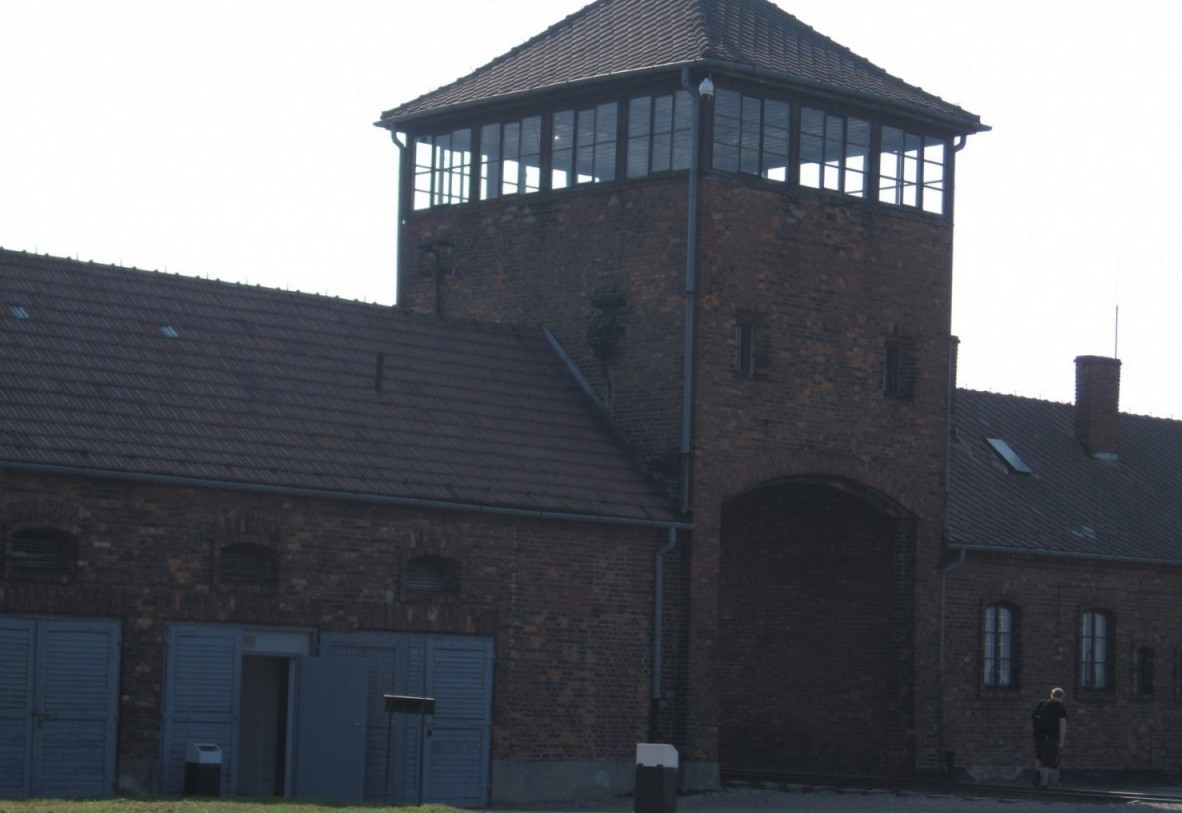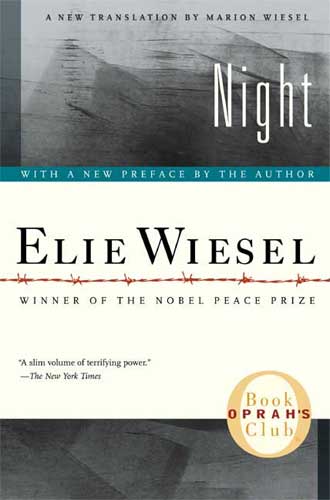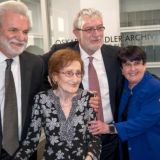
Yom Kippur in Auschwitz: 70 Years Ago
October 2, 2014
Before sundown on Friday, October 3, Jews around the world will gather in synagogues to observe the most holy day of the Jewish year, Yom Kippur, the Day of Atonement. Throughout the next twenty-five hours, Jews, individually and as a community, will reflect and pray. On Rosh Hashanah, the beginning of the Days of Awe, Jews believe that God inscribes each individual’s fate for the coming year in the Book of Life. However, it is only on Yom Kippur that the Book is sealed, one’s fate for the coming year decided. On Yom Kippur, a Jew is required to fast, neither to eat nor to drink, unless by doing so one endangers one’s health. Then, the rabbis say, it is one’s duty not to fast since life, a gift of God, must be sustained.
Seventy years ago, on Yom Kippur, September 27, 1944, the Jews of Auschwitz debated whether or not to fast. They were, after all, starving, each of them near death. Among the prisoners was a teenager just three days shy of his 16th birthday. He would later write of that debate: “The Day of Atonement. Should we fast? The question was hotly debated. . . . In this place, we were always fasting. It was Yom Kippur year-round. But there were those who said we should fast, precisely because it was dangerous to do so. We needed to show God that even here, locked in hell, we were capable of singing his praises.” (Elie Wiesel,
Night
, translated Marion Wiesel. New York: Hill and Wang, 2006, p. 69)

What I find most striking about this passage is the faith it communicates: starving men debate as if their life or death depended on the outcome. In reality, of course, each man’s decision was exactly that, a matter of life or death.
Elie Wiesel tells his readers that he did not fast that Yom Kippur. In part, he did not do so because his father–knowing that his son needed every morsel of food–forbade him from doing so. But he did not fast for another reason. He did not fast as “a symbol of rebellion, of protest against Him.” (p. 69) His action was a protest against God’s silence. It was not an act of denial, but an act of faith.
Indeed, Wiesel has never stopped thinking of God, never stopped questioning God. This week Elie Wiesel turned 86. On this Yom Kippur, as he has so many others, I know he will once again attend synagogue. He will reflect and pray, and yes, once again, he will protest God’s silence.
I am also sure that he will remember that Yom Kippur of seventy years ago. He will remember the voices from that debate waged in hell. He will remember the faces of the men who argued with such passion, both those who fasted and those who did not.
